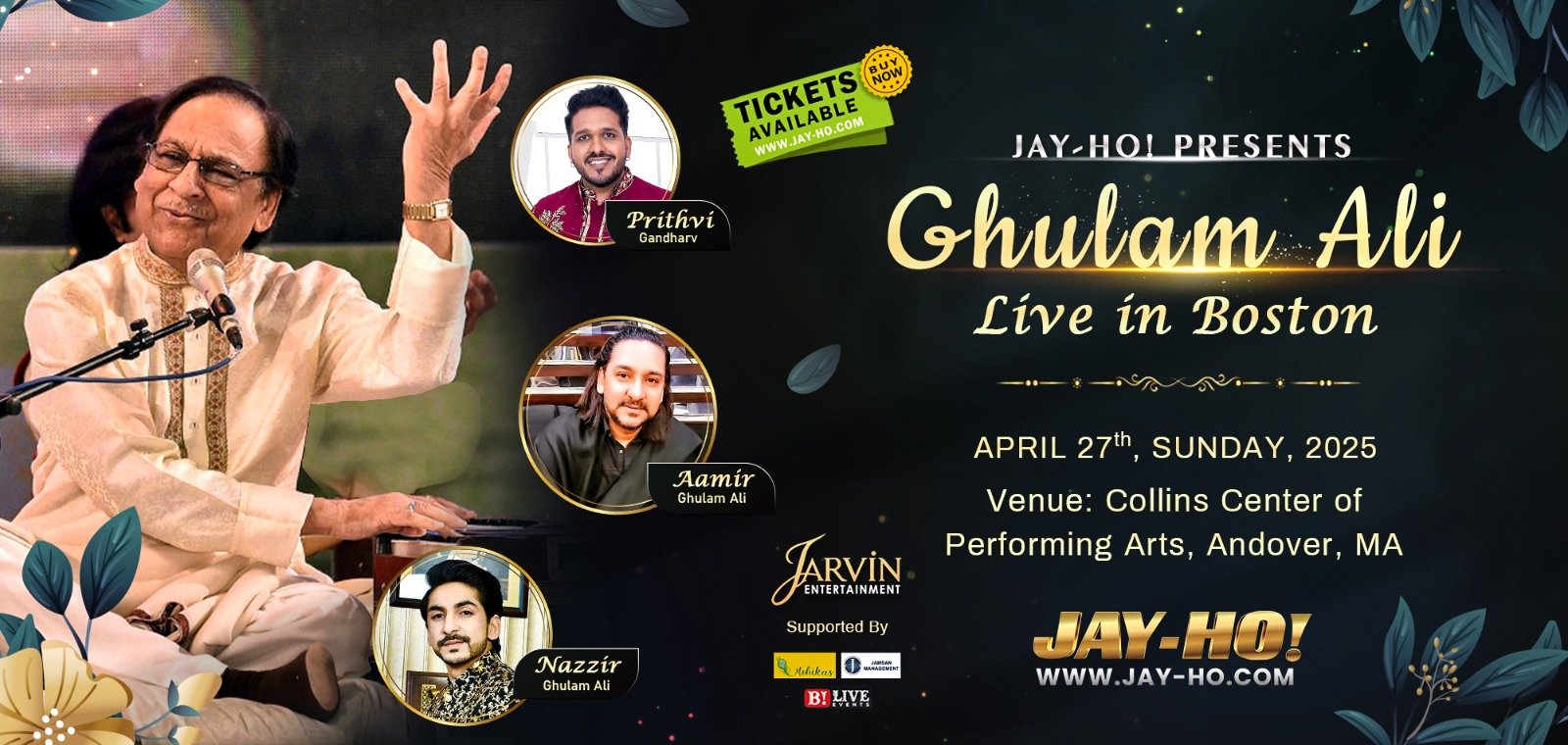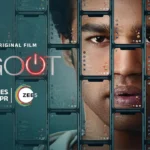When a song evokes a mood and the mood conveys the story and the story gives rise to a song, it is indeed a musical treat to the ears and a wonderful handmaiden of the director’s vision.
In the Netflix movie Qala, director Anvitaa Dutt achieves the perfect melding of music and moviemaking through the velvety voice of Sireesha Bhagavatula and Shahid Mallya and evocative lyrics by Swanand Kirkire, Kausar Munir, and Varun Grover, who has also made his acting debut in the movie.
Bringing these musical and lyrical heavyweights is composer Amit Trivedi and the accompanying artists on various instruments. In a music that mirrors whatever the story demands- from the mood of yesteryears Kolkata, a lover’s anxiety and trembling, the joy of love and pangs of separation- composer Amit Trivedi displays the diverse range of orchestral and compositional genius in a year that has seen his most prodigious output of 10 movie soundtracks.
Noticeably, the movie uses Sant Kabir’s lines on a number of occasions. In the song Udh Jaayega, composer Sagar Desai and singer Shahid Mallya create magic with equally peak performances by Sarang Kulkarni on sarod and Satyajeet Talwalkar on tabla. The song ends in a frantic crescendo that feels enjoyable and cathartic due to its energy. Kabir’s lines find yet another expression in Nirbhau Nirvair, in which a devotional atmosphere is created from the poet’s philosophically significant words. As the male protagonist’s voice, Shahid Mallya does full justice and perfection to the music, demonstrating his felicity with folk music with elan.
In Phero Na Najariya, the female protagonist Triptii Dimri essays a daughter’s plea of validation in a period apposite tone which is rendered beautifully by Sireesha Bhagavatula and accompanied skilfully by Bhagirath Bhatt on sitar which brings out the pathos and ache and Dilshad Khan on sarangi. In all the songs, one can detect Amit Trivedi’s affinity for employing traditional instruments to arrange the notes in an emotionally evocative manner. Indeed, the range and depth of all instruments is brought out in different songs, be it sitar in this song or sarod or violin in others.
Speaking of violin, violin lovers can detect the violin shadowing the singers in Shauq, whose houseboat setting goes well with the breezy and hummable music and metaphor-filled lyrics composed by Varun Grover. Played ably by Chandan Singh, the violin acts a perfect backdrop against which the santoor (played by Mangesh Jagtap) and woodwind (by I D Rao) are juxtaposed with each other. Shauq also features Swanand Kirkire as the third singer, who has also penned the song Rubaaiyaan and made a cameo appearance in the start.
Apart from portraying emotions beautifully, the songs Ghodey Pe Sawaar and Rubaaiyaan truly capture the era of the 1930s. Sireesha shines in Ghodey Pe Sawaar as she recreates the yesteryears with Satyajeet Prabhu contributing with the accordion. While in Rubaaiyaan, Shahid Mallya effectively performs a light hearted melody with just a touch of melancholy.
It is hard to select a favorite song out of these musical perfections with its perfect arrangement, lyrics, and voice. As music lovers, we prefer listening to the whole jukebox to sonically transport in other times and rich emotions.



























